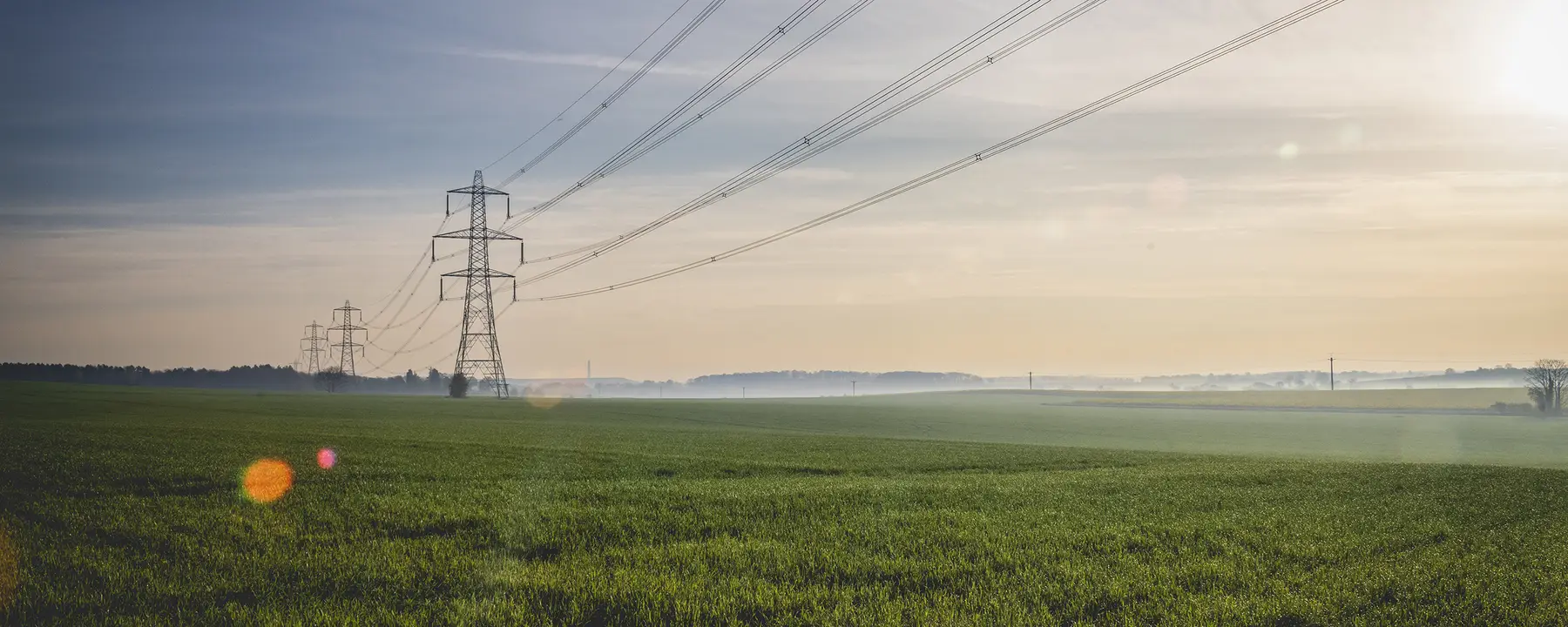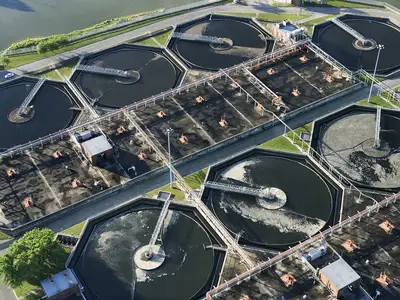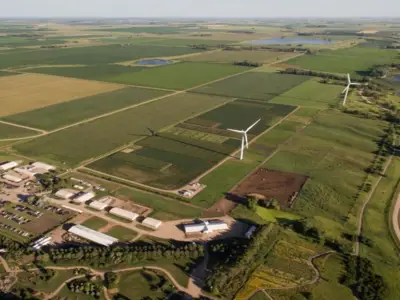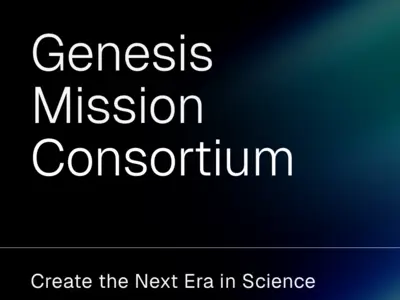Promoting environmental resilience through collaborative policy, decarbonization, and renewable resources
Widespread adoption of renewable energy technologies will help the global community curb environmental changes and impacts. RTI International is at the forefront of sustainable energy implementation, decarbonization technologies, and electric sector research both domestically and internationally. In the U.S., we work with federal and state agencies to build energy sector and economy-wide models that help policymakers assess energy policies.
Sustainable energy technology not only improves our quality of life by reducing air and water pollution, but it also mitigates fossil fuel energy dependence by creating renewable resources in local communities.
These technologies are renewable in nature and offer less environmentally invasive ways to power the global community. Common sources of sustainable energy include water, geothermal, bioenergy, renewable natural gas, and nuclear power.
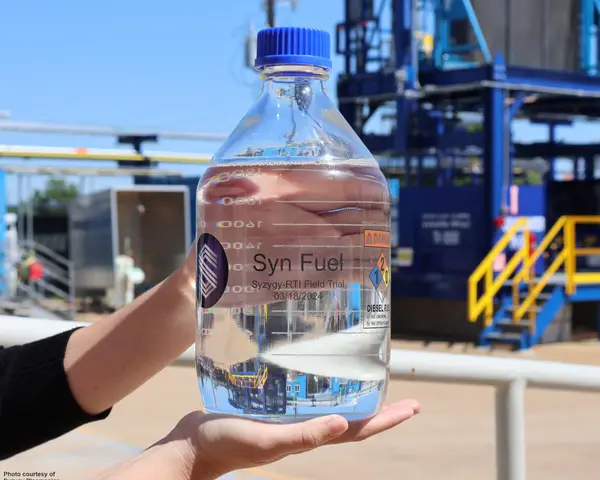
Demonstrating Low-Carbon and Low-Cost Sustainable Aviation Fuel
RTI and Syzygy Plasmonics successfully demonstrated a groundbreaking greenhouse-gas-to-jet fuel solution at the RTI Pilot Xcelerator. This new technology converts two greenhouse gases, carbon dioxide and methane, into low-carbon-intensity fuels. The results allow for future decarbonized transportation from jet fuel, diesel, and gasoline energy.
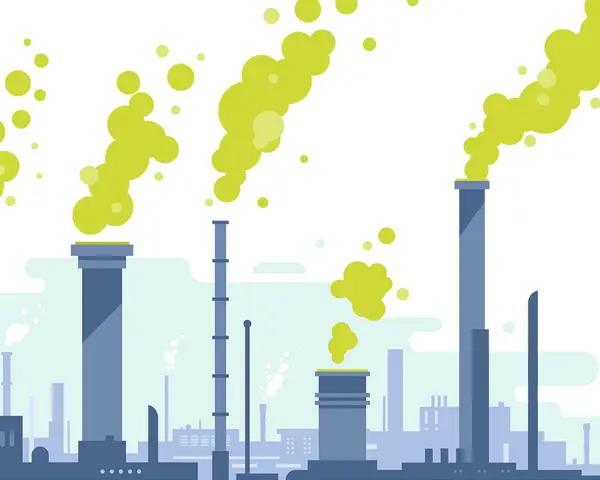
Reducing CO2 Emissions with Innovative Non-Aqueous Solvent
RTI partnered with SLB, a global leader in energy technology, and CEMEX, a cement and concrete construction company, to design carbon capture plants using our non-aqueous solvent technology. Our work shows the industrial application required for reducing carbon emissions in current energy and construction industries.
Related Projects
Ensuring Readiness: Enhancing Nuclear Power Plant Emergency Response Capabilities
Read More about Ensuring Readiness: Enhancing Nuclear Power Plant Emergency Response Capabilities
